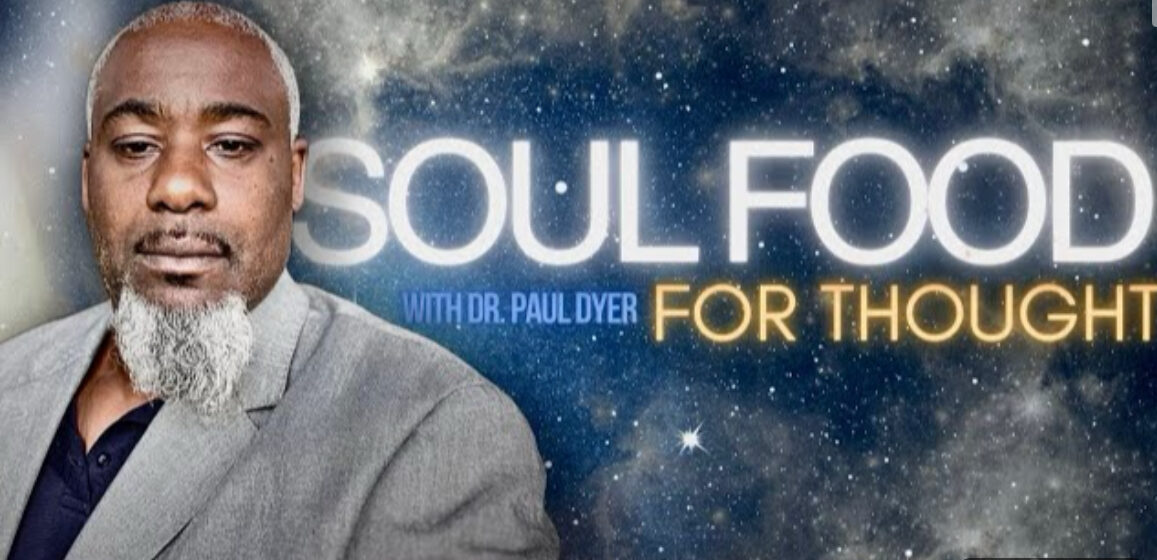The Complex Nature of Dissociation: Understanding How the Brain Disassociates from Love and Punishment:
“inCity Magazine celebrates the kaleidoscope of perspectives in each article. The views expressed herein are the unique brushstrokes of our guest writers, painting the canvas of their thoughts. These ideas, like stars in a constellation, shine independently and do not necessarily align with the orbit of inCity Magazine or its advertisers. This is to explores…
The human brain is a marvel of complexity, capable of processing a vast array of emotions and experiences. Among these intricate processes, the phenomena of dissociation, specifically in the contexts of love and punishment.
I offer intriguing insights into how individuals cope with intense emotional states. I will delve into the mechanisms through which the brain disassociates from love and punishment, shedding light on the complexities of human behavior and emotional regulation. Dissociation in Love, often considered one of the most profound human emotions, can evoke intense feelings of connection, empathy, and vulnerability. However, in certain circumstances, individuals may experience dissociation as a defense mechanism to cope with overwhelming emotional experiences related to love. Dissociation in the context of love can manifest in various ways, such as feeling emotionally numb, detached from one’s feelings, or experiencing a sense of unreality in intimate relationships. Neuroscientific studies suggest that dissociation in love involves complex interactions within the brain, particularly in regions associated with emotional processing and self-awareness. The amygdala, a key structure involved in emotional regulation, may play a crucial role in modulating responses to love-related stimuli during dissociative states. Additionally, disruptions in the connectivity between the prefrontal cortex and limbic system, which are responsible for cognitive control and emotional processing, may contribute to dissociative experiences in love. Individual differences in attachment styles and past experiences can also shape the propensity for dissociation in love. For example, individuals with insecure attachment patterns or a history of trauma may be more likely to engage in dissociative strategies to protect themselves from emotional pain or vulnerability in relationships.
I think this is the key, to understand the underlying mechanisms of dissociation in love can provide valuable insights into how individuals navigate complex emotional landscapes and form meaningful connections with others. Dissociation in punishment, on the other end of the emotional spectrum, punishment represents a form of negative reinforcement that can elicit fear, guilt, or shame in individuals. Dissociation in the context of punishment involves a psychological defense mechanism aimed at reducing the emotional impact of punitive experiences. When faced with threats of punishment or harsh consequences, individuals may dissociate to distance themselves from the aversive stimuli and mitigate feelings of distress or anxiety. Neurobiological research suggests that dissociation in response to punishment involves alterations in brain regions implicated in threat detection and stress response. Brain injuries and post-traumatic stress disorder (PTSD) are two distinct conditions that can significantly affect an individual’s brain function and overall well-being. Both conditions have been shown to have profound effects on the stress response system in the brain, leading to alterations in the way individuals perceive and respond to stressors.
The activation of the HPA axis(The HPA axis consists of a cascade of endocrine pathways that creates a negative loops involving the hypothalamus, anterior pituitary gland, and adrenal gland), responsible for initiating the body’s stress response, may be dysregulated in individuals prone to dissociative experiences in the face of punishment. Moreover, the insula, a brain region involved in interoceptive awareness and emotional processing, may exhibit aberrant functioning in individuals who dissociate in response to punitive stimuli. Psychological factors, such as learned helplessness or maladaptive coping strategies, can influence an individual’s likelihood of dissociating in the context of punishment. Chronic exposure to punitive environments or experiences of abuse and neglect can heighten the risk of developing dissociative responses as a means of self-protection. The Impact of Brain Injuries and PTSD on the Stress Response in the Brain Introduction: Brain injuries and post-traumatic stress disorder (PTSD) are two distinct conditions that can significantly affect an individual’s brain function and overall well-being. Both conditions have been shown to have profound effects on the stress response system in the brain, leading to alterations in the way individuals perceive and respond to stressors. Understanding how brain injuries and PTSD influence the stress response in the brain is crucial for developing effective treatment strategies and interventions for individuals affected by these conditions. Impact of Brain Injuries on the Stress Response: Brain injuries, such as traumatic brain injury (TBI), can have lasting effects on the brain’s stress response system. TBI can disrupt the normal functioning of brain structures involved in regulating the stress response, such as the hypothalamus, pituitary gland, and adrenal glands (collectively known as the HPA axis). As a result, individuals with TBI may experience dysregulation of stress hormones, such as cortisol, which can lead to difficulties in coping with stress and increased vulnerability to stress-related disorders. Furthermore, brain injuries can also impact the functioning of brain regions involved in emotional regulation, such as the amygdala and prefrontal cortex. Damage to these areas can result in heightened emotional reactivity and difficulties in modulating stress responses, leading to increased feelings of anxiety and irritability in response to stressors. Impact of PTSD on the Stress Response: PTSD is a psychiatric disorder that can develop in individuals who have experienced traumatic events.
For us as a community to help individuals and certain groups who have these conditions, we must ask the question and stop enabling the actions. This is the only way individuals can be identified and receive the help they deserve. For any questions, please reach out, because there is more to know. I hope this helps you understand someone better.
Written by: Dr. Paul W Dyer



